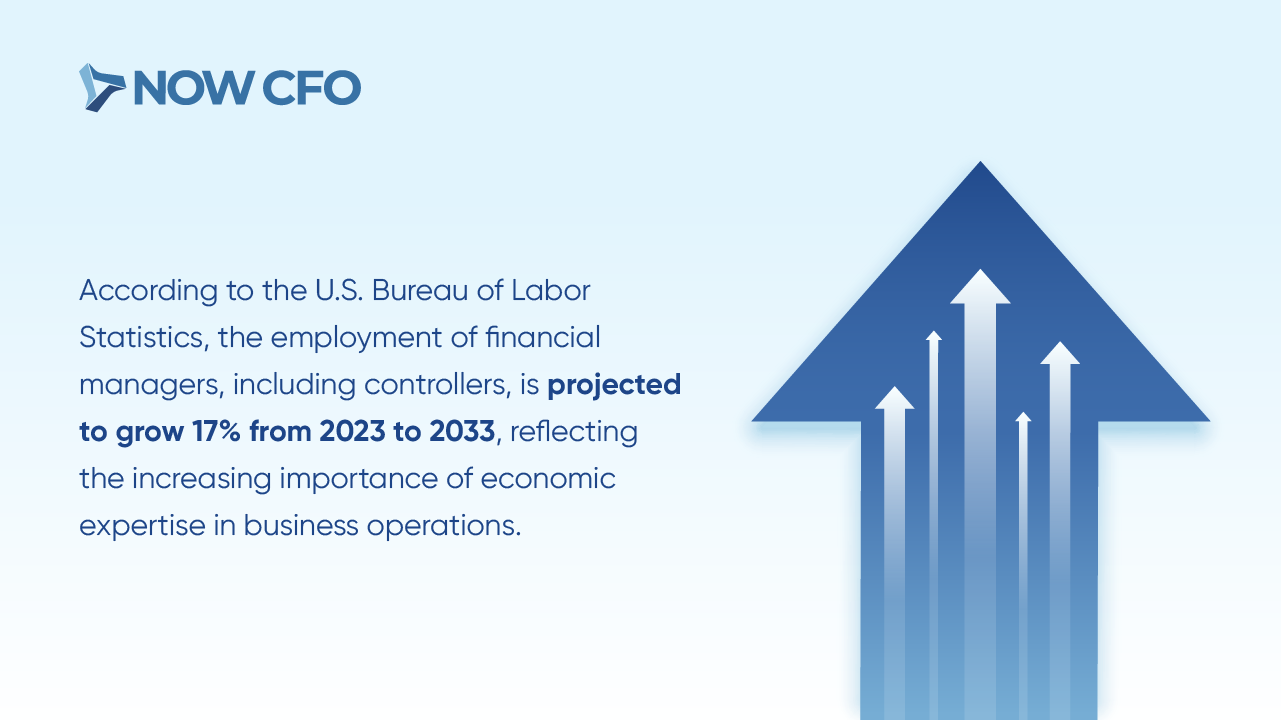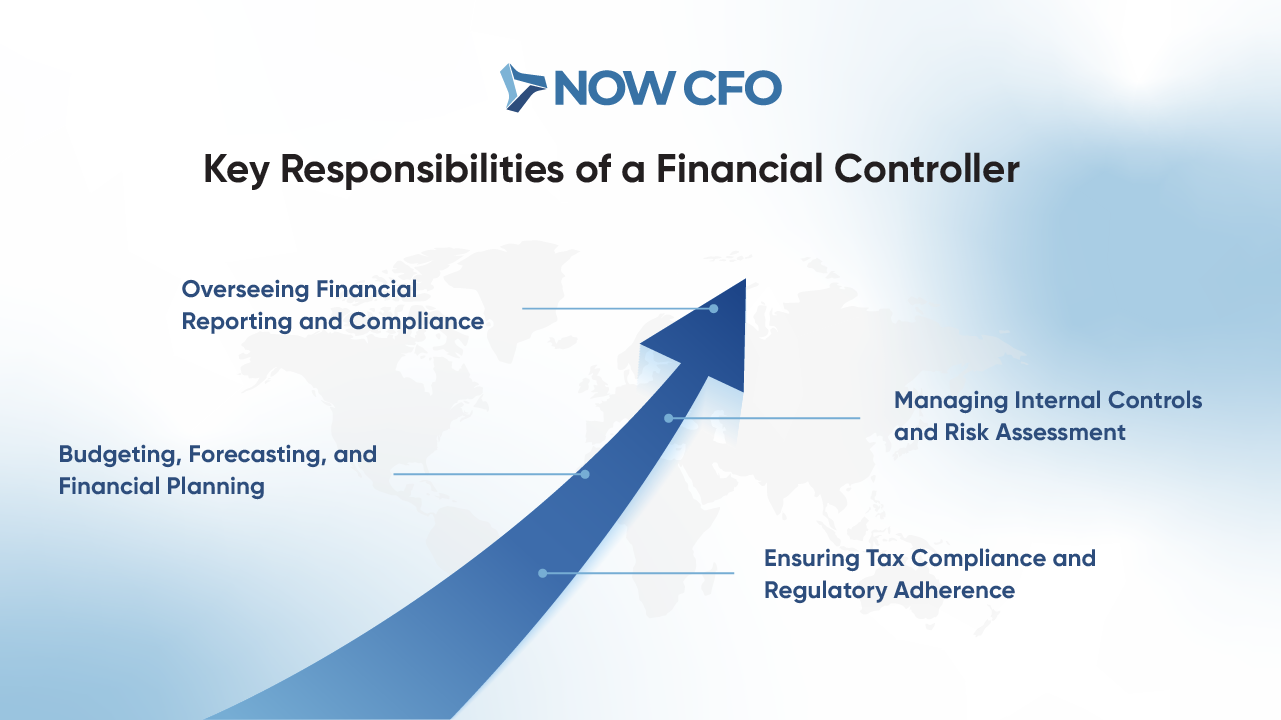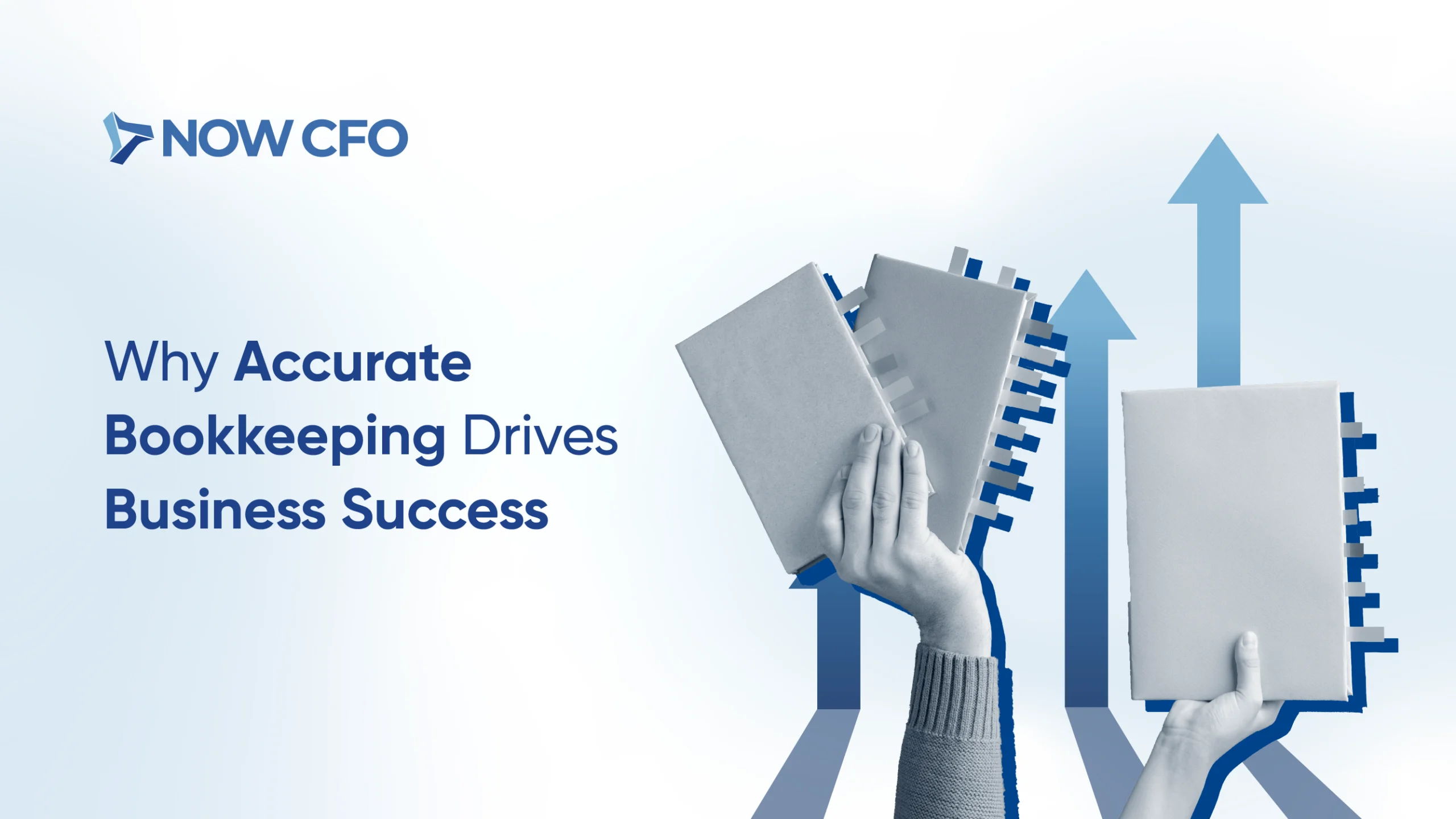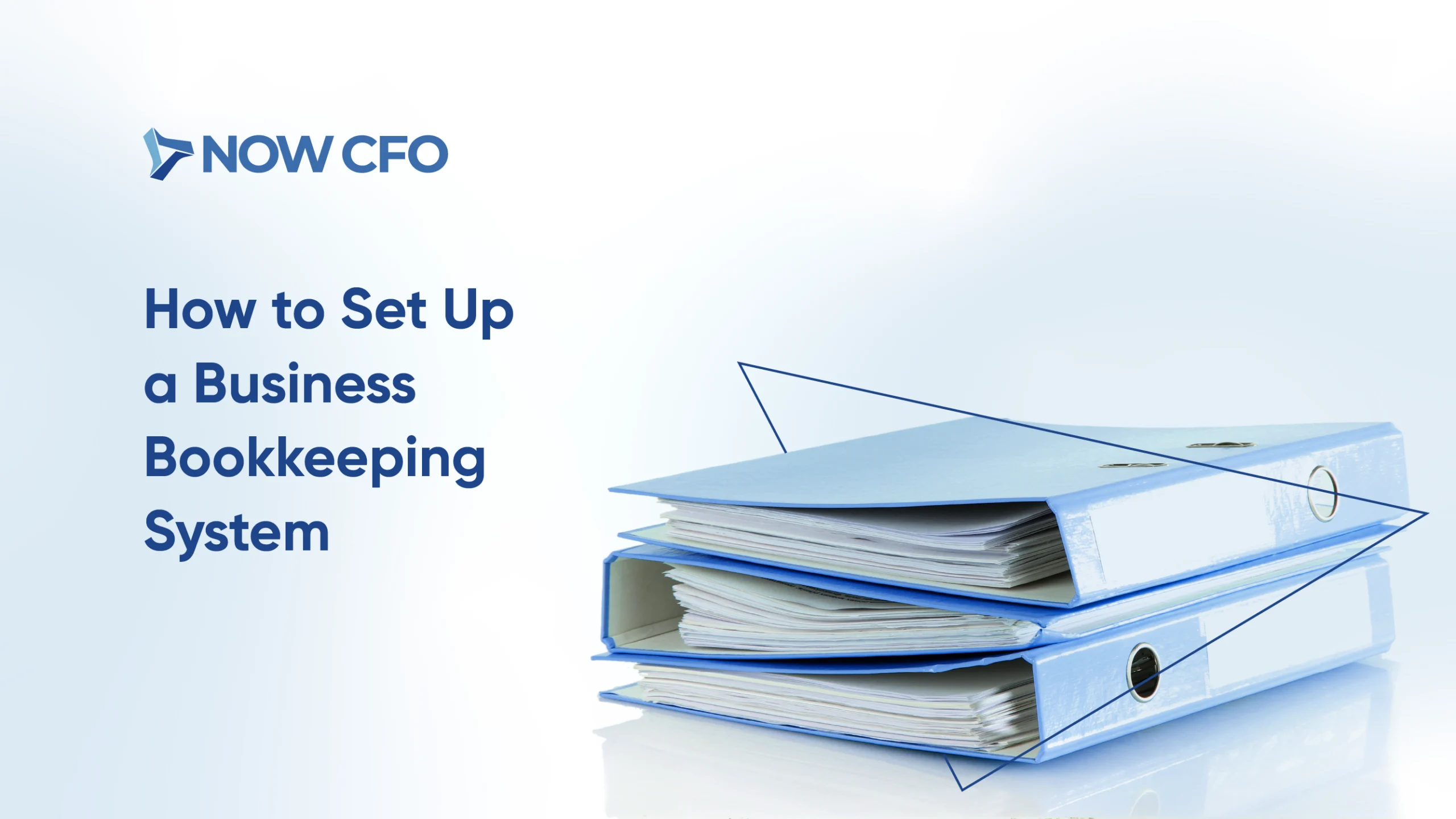
Managing finance effectively is critical for any business, and a financial controller plays a key role in ensuring accuracy, compliance, and strategic planning. As companies grow, financial complexities increase, requiring expert oversight to maintain stability and profitability.
A financial controller manages reporting and internal controls and supports long-term business strategy. Businesses with strong financial leadership experience have better cash flow management, reducing the risk of financial instability.
Understanding the responsibilities and impact of a financial controller can help businesses determine when and why they need one for sustained growth.
The Role of a Financial Controller in a Business
Understanding the role of a financial controller is essential for organizations aiming to maintain financial health and achieve strategic objectives.
Financial controllers are pivotal in managing a company’s financial operations, ensuring accuracy, compliance, and strategic alignment.
What Does a Financial Controller Do?
A financial controller is responsible for overseeing all accounting-related activities within an organization. This includes managing the preparation of financial statements, such as income statements and balance sheets, which provide insights into the company’s economic performance.
Additionally, controllers ensure that all financial reports comply with regulatory standards and internal policies. They supervise accounting departments, manage budgets, and implement internal controls to safeguard assets and prevent discrepancies. By maintaining accurate financial records, controllers provide a foundation for informed decision-making.
How Financial Controllers Support CFOs and Executives
Financial controllers serve as vital support to CFOs and other executive leaders. They provide detailed financial analyses and reports that inform strategic planning and policy formulation. By offering insights into cost management, revenue trends, and financial forecasts, controllers enable executives to make data-driven decisions.
Furthermore, controllers assist in developing financial strategies that align with the organization’s goals, ensuring that financial considerations are integrated into overall business planning. Their expertise ensures executives understand the company’s financial standing clearly and accurately, facilitating effective leadership.
The Evolving Role of Financial Controllers in Modern Businesses
The role of financial controllers has evolved significantly in response to technological advancements and changing business landscapes. Traditionally focused on historical financial reporting, controllers are increasingly involved in forward-looking financial planning and analysis activities.
Integrating advanced software and automation tools has streamlined routine accounting tasks, allowing controllers to focus on strategic initiatives. Moreover, the growing emphasis on data analytics has enabled controllers to provide deeper insights into financial performance, risk management, and operational efficiency.
According to the U.S. Bureau of Labor Statistics, the employment of financial managers, including controllers, is projected to grow 17% from 2023 to 2033, reflecting the increasing importance of economic expertise in business operations.

Key Responsibilities of a Financial Controller
A financial controller is important in ensuring an organization’s financial integrity and strategic planning in corporate finance. Their multifaceted role encompasses key responsibilities crucial for maintaining fiscal health and compliance.

Overseeing Financial Reporting and Compliance
A primary duty of the financial controller is to manage the preparation of comprehensive financial reports. These reports, including income statements, balance sheets, and cash flow statements, provide a detailed overview of the organization’s economic status.
Ensuring accuracy in these documents is paramount as they inform stakeholders and guide decision-making processes. Moreover, controllers must ensure that all financial reporting adheres to established accounting principles and regulatory standards, maintaining compliance with legal requirements.
Managing Internal Controls and Risk Assessment
To safeguard the organization’s assets, financial controllers implement and oversee robust internal controls. These controls prevent inaccuracies, fraud, and inefficiencies within financial operations.
Regular risk assessments identify potential vulnerabilities in economic processes. By evaluating these risks, controllers can develop and enforce policies that mitigate threats, ensuring the organization’s economic stability.
Budgeting, Forecasting, and Financial Planning
Strategic financial planning is a cornerstone of the financial controller’s role. They are responsible for developing and managing the organization’s budget, ensuring that resources are allocated efficiently to support business objectives.
Through meticulous forecasting, controllers predict future financial performance, allowing the organization to plan for growth, manage expenditures, and make informed investment decisions. This forward-looking perspective enables the company to navigate financial challenges and capitalize on opportunities effectively.
Ensuring Tax Compliance and Regulatory Adherence
Another critical responsibility of the financial controller is navigating the complex landscape of tax laws and regulations. They must ensure that the organization complies with all tax obligations, including accurate calculation, timely filing, and payment of taxes.
Staying abreast of changes in tax legislation is essential to avoid legal issues and financial penalties. Additionally, controllers oversee compliance with other financial regulations pertinent to the industry, safeguarding the organization from regulatory risks and maintaining its standing with governing bodies.
Financial Controller vs. CFO: Understanding the Differences
In an organization’s financial hierarchy, both financial controllers and CFOs play crucial roles. Understanding their collaboration, distinct responsibilities, and the appropriate context for each position is essential for effective financial management.
How Financial Controllers and CFOs Collaborate
Financial controllers and CFOs work closely to ensure the organization’s financial health. The Controller manages day-to-day accounting operations, including overseeing financial reporting, maintaining internal controls, and ensuring compliance with accounting standards.
This role provides the CFO with accurate and timely financial data, essential for strategic planning. The CFO utilizes this information to develop long-term financial strategies, assess investment opportunities, and guide the company’s financial direction. This collaboration ensures that tactical financial management aligns with overarching business objectives.
Key Distinctions in Responsibilities and Decision-Making
While both roles are integral to financial management, their responsibilities differ significantly:
Financial Controller
- Focuses on accurate financial reporting and record-keeping.
- Manages internal controls to prevent errors and fraud.
- Ensures compliance with Generally Accepted Accounting Principles (GAAP) and other regulations.
- Oversees budgeting processes and monitors expenditures.
CFO
- Develops and implements long-term financial strategies.
- Manages relationships with investors, banks, and other financial entities.
- Assesses financial risks and opportunities for the organization.
- Provides strategic recommendations to the CEO and board of directors.
Controllers handle operational financial decisions, such as approving expenditures within budgetary constraints. In contrast, CFOs make high-level strategic decisions, like determining the economic feasibility of mergers or expansions.
When Businesses Need a Financial Controller vs. a CFO
The necessity for a financial controller or CFO depends on the organization’s size, complexity, and strategic goals:
Financial Controller
- Ideal for SMEs that require robust financial reporting and compliance.
- Suitable for companies focusing on stabilizing operations and ensuring accurate financial records.
- Beneficial when detailed oversight of daily accounting functions is needed.
CFO
- Essential for larger organizations with complex financial structures.
- Necessary when the company pursues aggressive growth strategies, acquisitions, or enters new markets.
- Valuable for businesses seeking to attract investors or manage substantial financial risks.
In some cases, businesses benefit from having both roles, where the controller ensures financial accuracy, and the CFO drives strategic financial initiatives. According to the U.S. Bureau of Labor Statistics, the median annual wage for financial managers, including controllers and CFOs, was $156,100 in May 2023.
How a Financial Controller Contributes to Business Success
The role of a financial controller is pivotal in steering organizations toward success. Financial controllers ensure businesses operate efficiently and profitably by enhancing financial accuracy, strengthening controls, and optimizing cash flow.
Improving Financial Accuracy and Reporting
Financial controllers are responsible for maintaining precise financial records, which form the foundation for informed decision-making. They oversee the preparation of financial statements, ensuring compliance with accounting standards and regulatory requirements.
By implementing rigorous review processes, controllers minimize errors and discrepancies, providing stakeholders with reliable data. This accuracy builds trust and facilitates strategic planning and performance evaluation.
Strengthening Financial Controls and Compliance
Financial controllers establish and monitor internal controls to safeguard assets and ensure integrity. These controls are designed to prevent fraud, detect anomalies, and ensure adherence to company policies and external regulations.
Controllers also conduct regular audits and assessments to help identify potential risks and implement corrective actions promptly. This proactive approach not only ensures compliance but also enhances operational efficiency.
Enhancing Cash Flow and Cost Management
Effective cash flow management is crucial for business sustainability. Financial controllers are key in monitoring cash inflows and outflows, ensuring sufficient liquidity for operations. They analyze spending patterns, identify cost-saving opportunities, and implement budgeting strategies to optimize resource allocation.
Skills and Qualifications of a Successful Financial Controller
In the dynamic field of corporate finance, a financial controller must excel by combining technical expertise, leadership abilities, and relevant experience. These qualifications ensure the effective management of an organization’s financial operations and strategic initiatives.
Essential Technical and Leadership Skills
A successful financial controller must demonstrate proficiency in several key areas:
- Accounting and Financial Reporting: Expertise in preparing and analyzing financial statements, ensuring compliance with accounting standards, and maintaining accurate financial records.
- Regulatory Knowledge: In-depth understanding of financial regulations and compliance requirements to navigate complex legal landscapes.
- Technological Proficiency: Familiarity with accounting software and ERP systems to streamline financial processes.
- Analytical Thinking: Strong analytical skills to interpret financial data, identify trends, and inform strategic decisions.
- Leadership and Communication: Ability to lead finance teams effectively and communicate financial insights to stakeholders across the organization.
Certifications and Educational Requirements
Educational and professional credentials are critical for a financial controller:
- Bachelor’s Degree: A bachelor’s degree in accounting, finance, or a related field is typically required.
- Advanced Degrees: Many employers prefer candidates with an MBA or a master’s degree in accounting.
- Professional Certifications: CPA or CMA are highly valued and often required.
Experience Levels and Career Progression
Experience plays a significant role in the journey to becoming a financial controller:
- Early Career: Roles such as staff accountant or financial analyst provide foundational experience in accounting and financial reporting.
- Mid-Level Positions: Progressing to roles like accounting manager or assistant controller involves greater responsibility and oversight of financial operations.
- Senior Roles: With substantial experience, professionals can advance to the financial controller position, overseeing the organization’s financial management system.
According to the U.S. Bureau of Labor Statistics, financial managers and controllers typically need a bachelor’s degree and at least five years of related experience in accounting, auditing, or economic analysis.
When Should a Business Hire a Financial Controller?
Determining the right time to hire a financial controller is crucial for a business’s economic health and strategic growth. Recognizing specific indicators can guide this decision, as can understanding the advantages of in-house versus outsourced controllers and identifying the ideal candidate.
Signs Your Business Needs a Financial Controller
Several key indicators suggest it’s time to bring a financial controller on board:
- Rapid Business Growth: As your company expands, financial transactions become more complex, necessitating expert oversight to maintain accuracy and compliance.
- Diversification of Revenue Streams: Introducing new products or services increases financial complexity, requiring specialized management.
- Geographical Expansion: Operating in multiple locations or markets introduces varied financial regulations and tax laws, demanding meticulous financial management.
- Heightened Regulatory Requirements: Growing businesses often face stricter compliance standards, making expert financial oversight essential.
- Overextended Management: If leadership is overwhelmed with financial tasks, it’s a clear sign that a dedicated controller is needed to manage daily financial operations.
Benefits of Hiring In-House vs. Outsourcing a Financial Controller
Choosing between an in-house and outsourced financial controller depends on your company’s specific needs:
In-House Controller
- Deep Organizational Insight: An in-house controller thoroughly understands your company’s culture and operations and provides tailored financial strategies.
- Immediate Availability: Being on-site allows for prompt communication and quick decision-making.
- Direct Oversight: You have greater control over processes and can effectively align priorities.
Outsourced Controller
- Cost Efficiency: Outsourcing can be more affordable, eliminating expenses related to salaries, benefits, and training.
- Scalability: Services can be adjusted based on your company’s evolving needs, offering flexibility during growth or contraction phases.
- Access to Expertise: Outsourced controllers often bring diverse industry experience, providing broad financial insights.
How to Find the Right Financial Controller for Your Company
Selecting the ideal financial controller involves several steps:
- Define Your Needs: Clearly outline the responsibilities and expectations for the role, considering your company’s size, industry, and growth trajectory.
- Seek Relevant Experience: Look for candidates with a proven track record in similar industries or business environments.
- Assess Qualifications: Ensure candidates possess certifications, such as CPA or CMA, and relevant educational backgrounds.
- Evaluate Cultural Fit: The controller should align with your company’s values and work well with your existing team.
- Utilize Professional Networks: Leverage industry contacts, recruitment agencies, and professional associations to identify potential candidates.
By recognizing these signs and carefully considering your options, you can decide to hire a controller who best suits your business needs.
Conclusion: The Value of a Financial Controller in Business Growth
From overseeing financial reporting and compliance to optimizing cash flow and cost management, their contributions are essential for businesses aiming for long-term success. As organizations expand, managing finances becomes increasingly complex, making the role of a financial controller even more critical.
If your business is ready to improve financial reporting, strengthen internal controls, and enhance strategic decision-making, NOW CFO offers an expert financial controller. Contact NOW CFO today to learn how a dedicated financial controller can help you achieve sustainable business growth.














